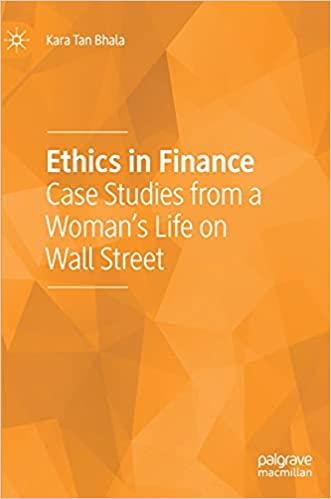Question
Harrison Corporation is interested in acquiring Van Buren Corporation. Assume that the risk-free rate of interest is 4% and the market risk premium is 7%.
Harrison Corporation is interested in acquiring Van Buren Corporation. Assume that the risk-free rate of interest is 4% and the market risk premium is 7%.
Van Buren currently expects to pay a year-end dividend of $3.00 a share (D1 = $3.00). Van Buren's dividend is expected to grow at a constant rate of 5% a year, and its beta is 0.8.
Harrison estimates that if it acquires Van Buren, the year-end dividend will remain at $3.00 a share, but synergies will enable the dividend to grow at a constant rate of 9% a year (instead of the current 5%). Harrison also plans to increase the debt ratio of what would be its Van Buren subsidiary-the effect of this would be to raise Van Buren's beta to 1.2.
If Harrison were to acquire Van Buren, what would be the range of possible prices that it could bid for each share of Van Buren common stock? Round your answers to the nearest cent. a. Low bound $ b. High bound $
Step by Step Solution
There are 3 Steps involved in it
Step: 1

Get Instant Access to Expert-Tailored Solutions
See step-by-step solutions with expert insights and AI powered tools for academic success
Step: 2

Step: 3

Ace Your Homework with AI
Get the answers you need in no time with our AI-driven, step-by-step assistance
Get Started


